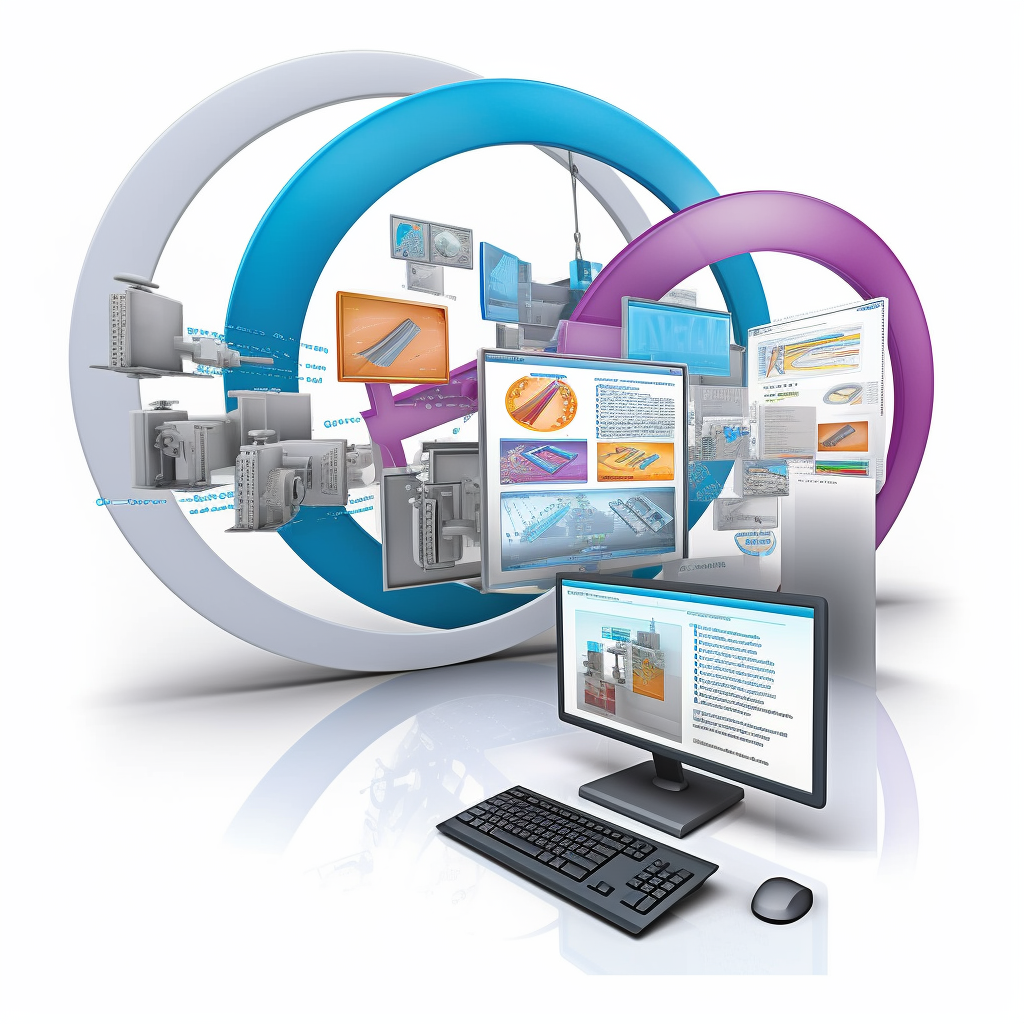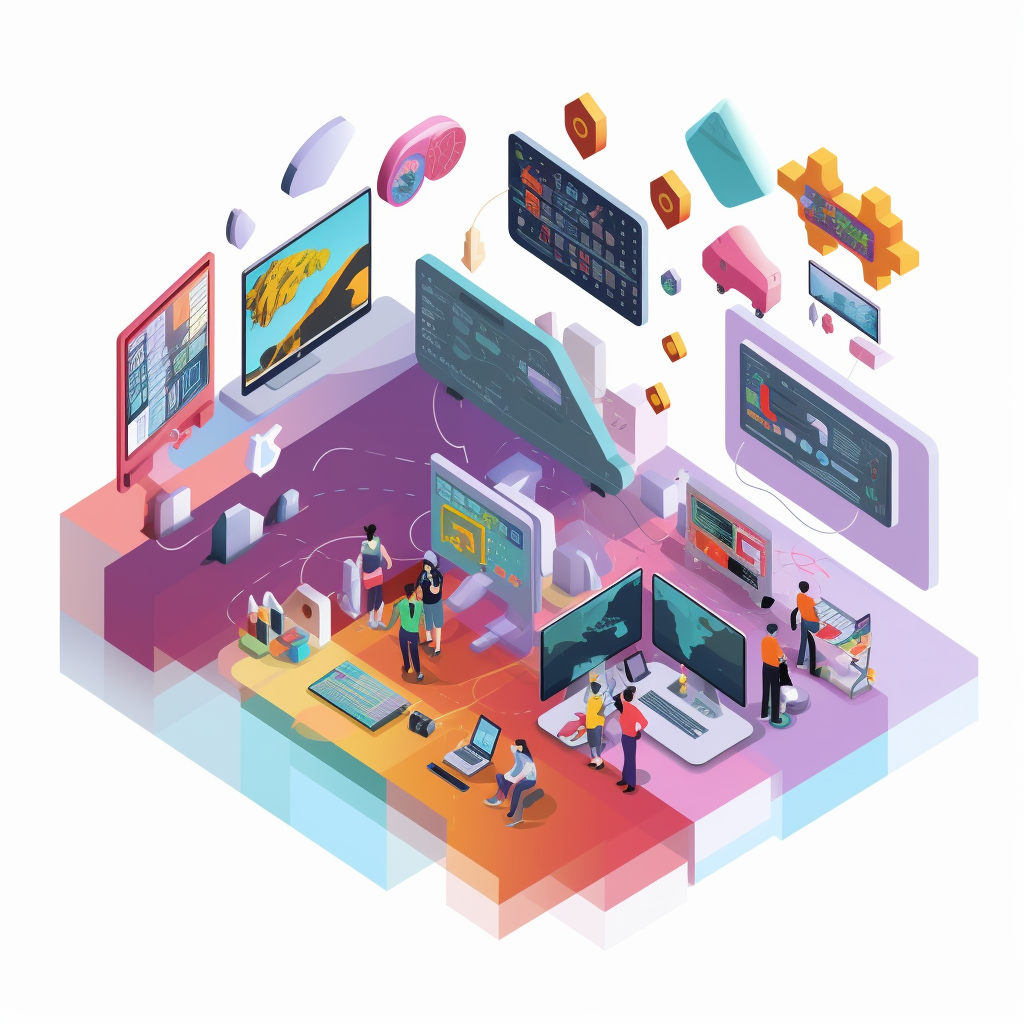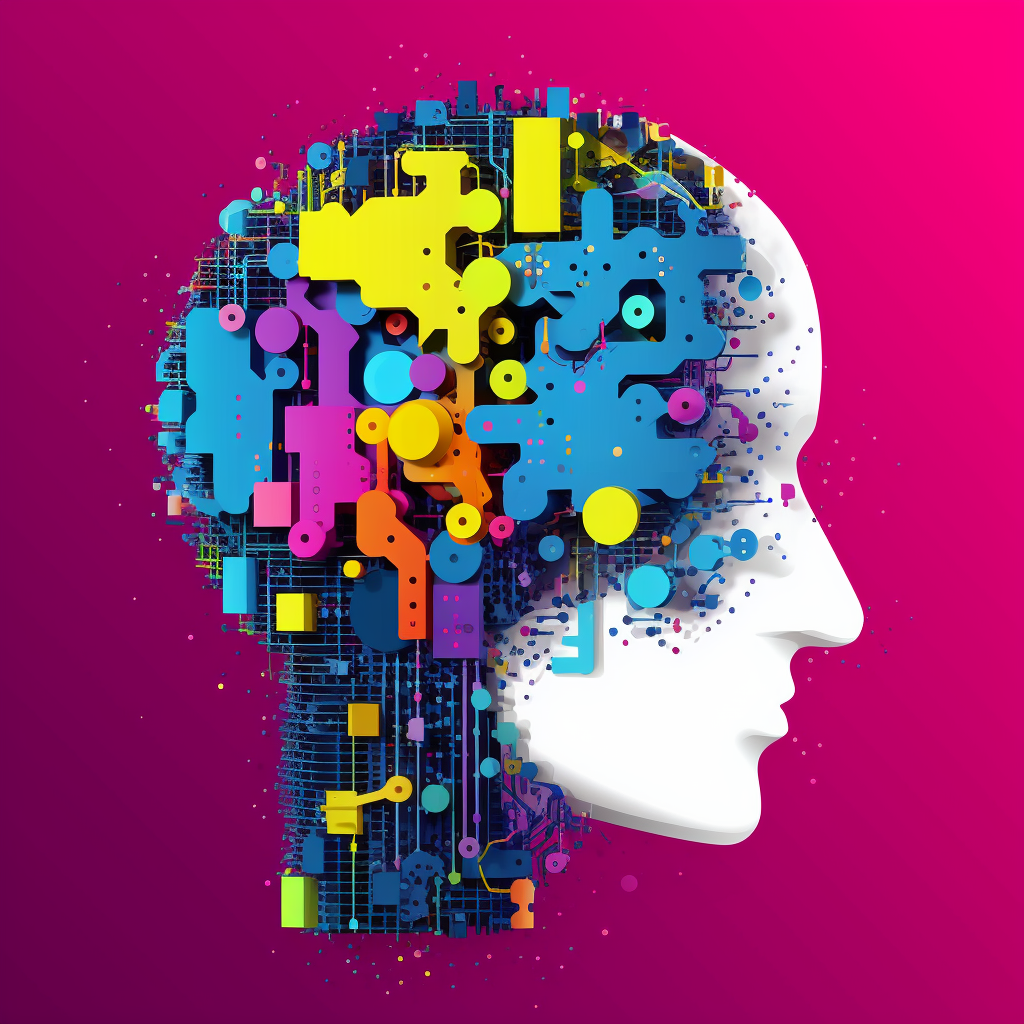DevOps and Cybersecurity: Best Practices for Secure Development Pipelines

Introduction to DevOps and Cybersecurity In the fast-paced world of software development, DevOps has emerged as a game-changer, enabling organizations to deliver applications and services at unprecedented speeds. However, as the adoption of DevOps practices continues to grow, it is crucial to recognize the importance of cybersecurity in this equation. The intersection of DevOps and […]
Cost Optimization in DevOps: Strategies for Managing Cloud Expenses

In today’s fast-paced software development landscape, DevOps has emerged as a game-changer, enabling organizations to deliver applications and services at high velocity. However, with the adoption of cloud technologies and the scalability they offer, managing and optimizing cloud costs has become a critical concern for DevOps teams. In this blog post, we’ll explore various techniques and strategies […]
Understanding Product Lifecycle Management (PLM): Stages and Tools

Product Lifecycle Management (PLM) is a critical approach for managing the entire lifecycle of a product from its conception to retirement. It involves a series of stages and utilizes various tools and software to streamline the process. In this blog post, we’ll explore the key stages of the product lifecycle and the tools and software […]
Measuring DevOps Success: Key Metrics and Tools

Introduction DevOps has revolutionized the way software development and operations teams collaborate, enabling faster and more efficient delivery of high-quality software. However, to ensure the success of your DevOps initiatives, it’s crucial to track and measure the right metrics and key performance indicators (KPIs). In this blog post, we’ll explore the key metrics for measuring […]
AI and ML in DevOps: Revolutionizing Software Delivery

The integration of Artificial Intelligence (AI) and Machine Learning (ML) in DevOps is revolutionizing the way software is developed, tested, and deployed. By leveraging these cutting-edge technologies, organizations can optimize and automate various aspects of the DevOps lifecycle, leading to faster, more efficient, and more reliable software delivery. In this blog post, we will explore […]
DataOps: Applying Agile Methodologies to Data Management

In today’s data-driven world, organizations are constantly seeking ways to optimize their data management processes. DataOps has emerged as a powerful approach that combines agile methodologies with data management practices to improve communication, integration, and automation of data flows. In this blog post, we will explore the key aspects of DataOps and how it can […]
Unlocking the Power of Open Source Software

Open source software has revolutionized the way developers collaborate and innovate. By embracing the principles of transparency, collaboration, and community-driven development, open source projects have become a driving force behind some of the most significant technological advancements in recent years. In this blog post, we’ll explore the world of open source software, its benefits, and […]
DevSecOps: Integrating Security into DevOps

In today’s fast-paced software development landscape, organizations are increasingly adopting DevOps practices to streamline their development processes and deliver applications more quickly. However, with the growing complexity of software systems and the ever-evolving threat landscape, it has become crucial to integrate security into the DevOps workflow. This is where DevSecOps comes into play. What is […]
Enhancing Business Agility with Integration – Improve Responsiveness and Flexibility

In today’s fast-paced business environment, organizations need to be agile and responsive to stay competitive. One key strategy for enhancing business agility is through integration. In this blog post, we’ll explore what business agility is, why it’s important, and how integration can help improve responsiveness and flexibility. What is Business Agility and Why is it […]
Harnessing Edge Computing for Real-Time Industrial Data

In today’s fast-paced industrial landscape, real-time data processing has become a critical component for businesses looking to optimize their operations and gain a competitive edge. Edge computing has emerged as a powerful solution, enabling real-time decision-making in industrial environments. In this blog post, we will explore the advantages of edge computing and how it revolutionizes […]

